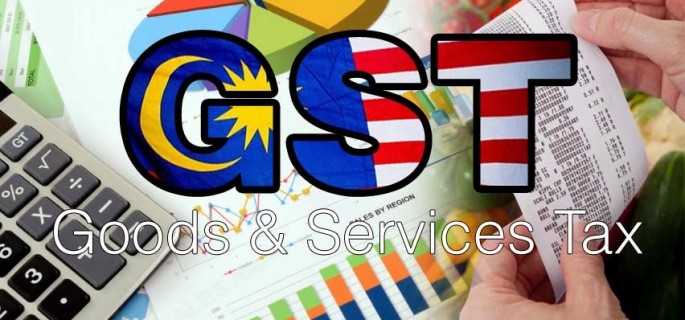Recognizing the Advantages of the Best GST Registration Services in Singapore
Recognizing the Advantages of the Best GST Registration Services in Singapore
Blog Article
From Beginning To End: The Ultimate Roadmap to GST Registration for Businesses Looking For Financial Stability
Browsing the complexities of Product and Services Tax Obligation (GST) enrollment is a critical action for services pursuing financial security. From comprehending the fundamental concepts of GST to adhering to post-registration guidelines, the process can appear discouraging in the beginning glimpse. Breaking down the roadmap into manageable steps can enhance the registration journey for services looking to enhance their economic standing. Let's check out the necessary components that make up this utmost roadmap and find just how each phase contributes to laying a solid foundation for financial success.
Comprehending GST Basics
Delving into the essential concepts of Goods and Solutions Tax Obligation (GST) is vital for obtaining a thorough understanding of its implications on businesses and the economy. Input Tax Credit History (ITC) is a considerable attribute of GST, permitting businesses to assert credit for tax obligations paid on inputs, minimizing the overall tax obligation burden. Recognizing the fundamentals of GST is vital for businesses to conform with tax regulations, handle their financial resources effectively, and add to the country's economic development by getting involved in a transparent tax system.
Eligibility Standards for Registration
As of the existing regulations, the threshold limitation for GST enrollment is an annual accumulation turn over of 40 lakhs for businesses running within a state, except for special category states where the limitation is 20 lakhs. Additionally, specific businesses are needed to sign up for GST regardless of their turnover, such as interstate suppliers, informal taxed individuals, and services responsible to pay tax under the reverse charge mechanism. It is vital for services to thoroughly assess their turn over and transaction kinds to establish their GST registration responsibilities properly.
Documents Required for Enrollment
Having actually met the eligibility standards for GST registration, organizations have to now guarantee they have the requisite documents in position to continue with the enrollment procedure effectively. The records required for GST registration typically consist of proof of company constitution, such as collaboration deed, registration certificate, or incorporation certificate for different kinds of companies. Additionally, organizations require to give files establishing the principal workplace, such as a rental agreement or electrical energy expense. Frying pan card of the company, along with the identification and address proof of promoters/partners/directors, are vital for verification functions. Financial institution account declarations, along with canceled cheques or a copy of the financial institution passbook, are needed to verify the economic details provided during registration. In addition, companies need to have digital trademarks prepared for the licensed notary. Making certain all these records are organized and readily available will certainly accelerate the GST registration process, making it possible for organizations to adhere to tax obligation regulations seamlessly.
Step-by-Step Enrollment Process
Beginning the GST registration procedure includes a collection of organized steps to ensure a certified and smooth registration for businesses. The initial action investigate this site is to go to the GST website and load out the enrollment type with exact details of business entity. Following this, the applicant obtains a Temporary Reference Number (TRN) which is utilized to return to the application procedure if it's not finished in one official site go.
Next, all needed papers as per the list supplied by the GST portal requirement to be posted. These documents normally consist of evidence of company registration, address and identity evidence of promoters, economic declarations, and organization entity's PAN card.

Post-Registration Compliance Guidelines

Verdict
To conclude, services seeking financial stability should understand the essentials of GST, fulfill qualification requirements, collect essential records, comply with the step-by-step enrollment procedure, and conform with post-registration standards - Best GST registration services in Singapore. By adhering to these actions, companies can make sure compliance with tax guidelines and keep economic security in the long run
Additionally, particular businesses are needed to register for GST irrespective of their turnover, such as interstate vendors, informal taxable individuals, and organizations accountable to pay tax obligation under the reverse fee mechanism.Having actually met the eligibility criteria for GST enrollment, companies need to currently guarantee they have the requisite files in area to continue with the registration process effectively. The documents needed for GST enrollment typically include evidence of company constitution, such as partnership action, enrollment certificate, or incorporation certification for various kinds of services. see it here Furthermore, organizations require to give papers establishing the principal place of company, such as a rental agreement or power costs.Starting the GST enrollment process entails a collection of organized steps to make sure a smooth and certified registration for services.
Report this page